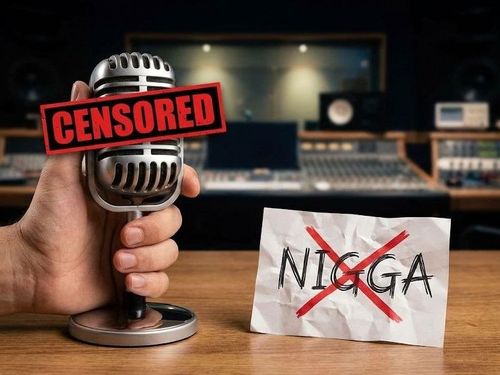The Walt Disney Company, the largest employer in Florida, and Governor Ron DeSantis are currently involved in an apparently unresolvable argument. It is simple to pick sides for political reasons as DeSantis gets ready to declare his candidacy for president of the United States. Still, it is risky to do so before fully understanding the context of the debate.
The dispute between the Florida Governor and the company, which is now headed to court, started over an education law and grew into a debate over control of the property that houses the amusement park. In response to Disney's denunciation of the education legislation, Mr. DeSantis and Fox News hosts began last year to mock the company as "Woke Disney."
Conservatives have accused Disney of going too far with certain stances, a trend that's continued over the past few years. Disney's theme parks and streaming services have changed, including re-theming the Splash Mountain ride and revamping the Pirates of the Caribbean ride. The dispute between Florida lawmakers and Disney reflects the growing expectation for corporations to engage in partisan issues.
On April 26, a board appointed by Governor DeSantis invalidated two agreements that gave Disney significant control over the expansion of a complex. The board's lawyer accused Disney of acting illegally and failing to comply with state law regarding public notification. Disney immediately sued DeSantis, the board, and other officials, claiming to be a victim of government retaliation.
The company argued that its actions were legal and approved in public forums. DeSantis's ongoing dispute with Disney has been criticized by his potential White House rivals, including former President Trump. However, DeSantis's spokesperson stated that he would continue to fight what he perceives as an unfair advantage that Disney has over other businesses in the state.

As a result of Disney's recent lawsuit against the governor, the conflict between the two parties has taken on a pretty comical aspect.
Disney said last week that DeSantis had launched a "targeted campaign of government retaliation" in response to the company's tardy opposition to his "Don't say gay" bill passed last year. An extended standing agreement that granted Disney control over the infrastructure needs and responsibilities of the area in which Disney World is located was then terminated by DeSantis within two months of then CEO Bob Chapek's decision to speak out, despite concerns over the burden the change could place on local taxpayers.
In the interim months, DeSantis and Disney have been back and forth, with one party attempting to bully the other into doing what they want. However, DeSantis had his government terminate their contracts for whatever loophole Disney found.
Most people have always seen his attempts as political payback for Disney's opposition to the law he enacted last year that forbids teaching about and discussing sexual orientation and gender identity in some elementary school grades, and his pride in bragging about it might prove to be his doom. Disney's attorneys referenced several paragraphs from DeSantis's recently published memoir in the lawsuit they filed last week, alleging that they constitute an open admission of political retaliation and may constitute a violation of free speech.




